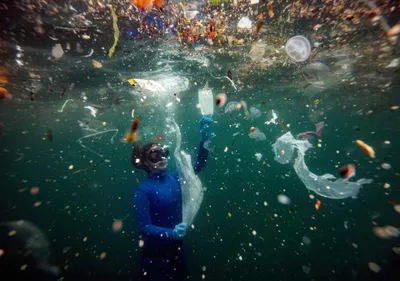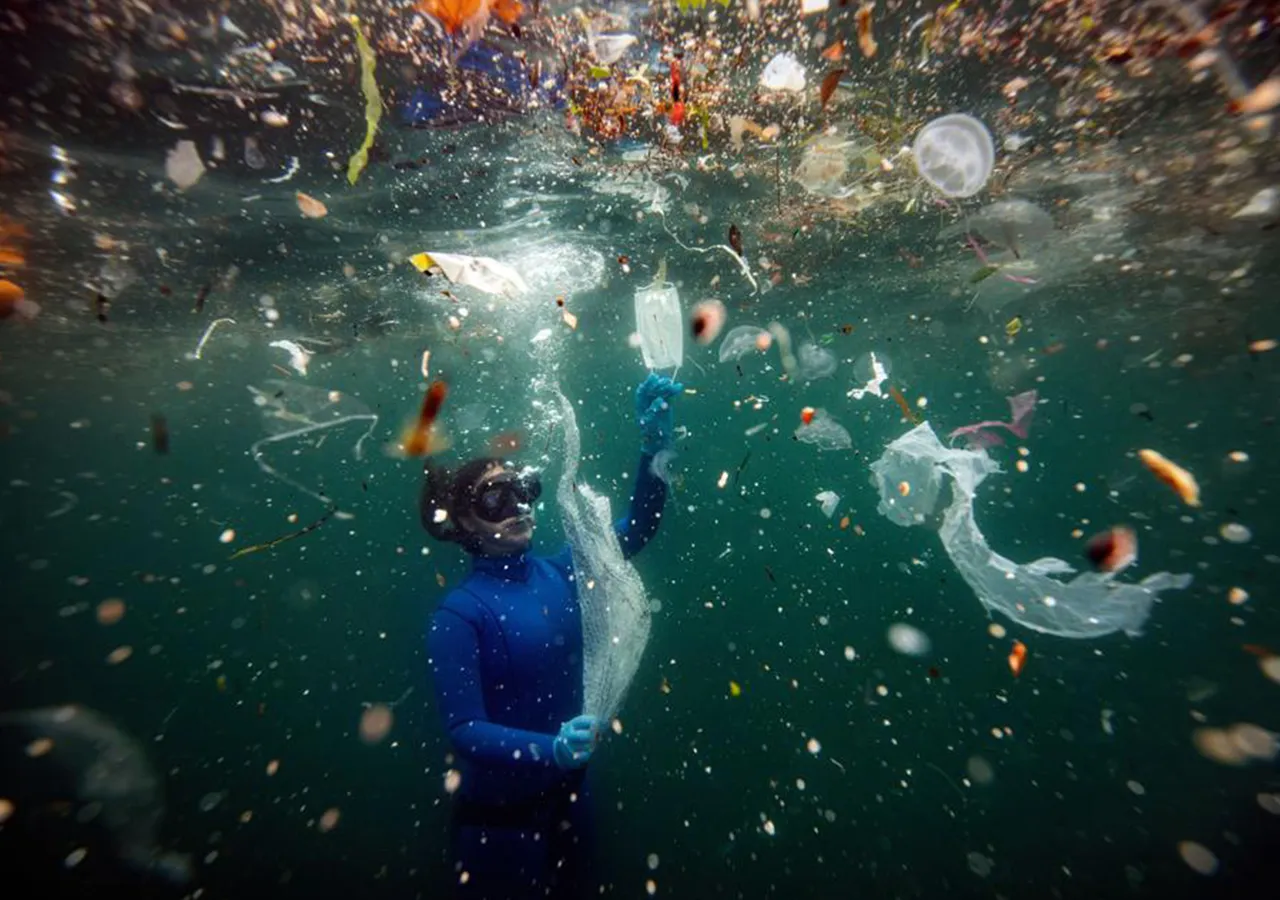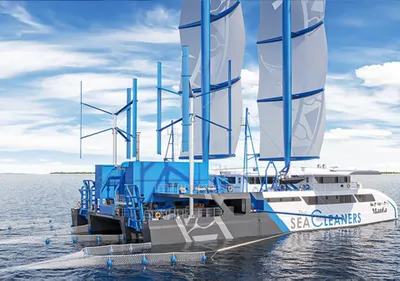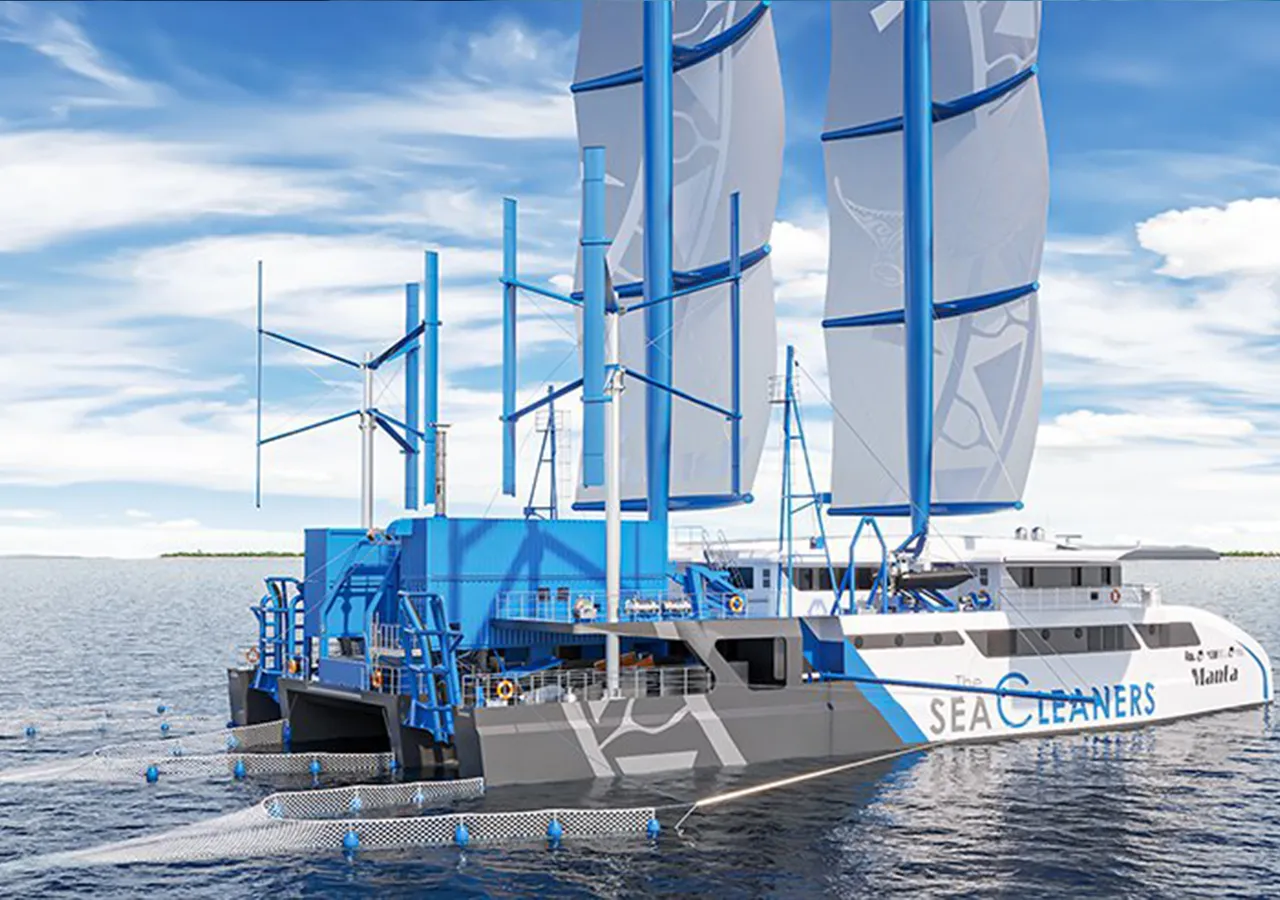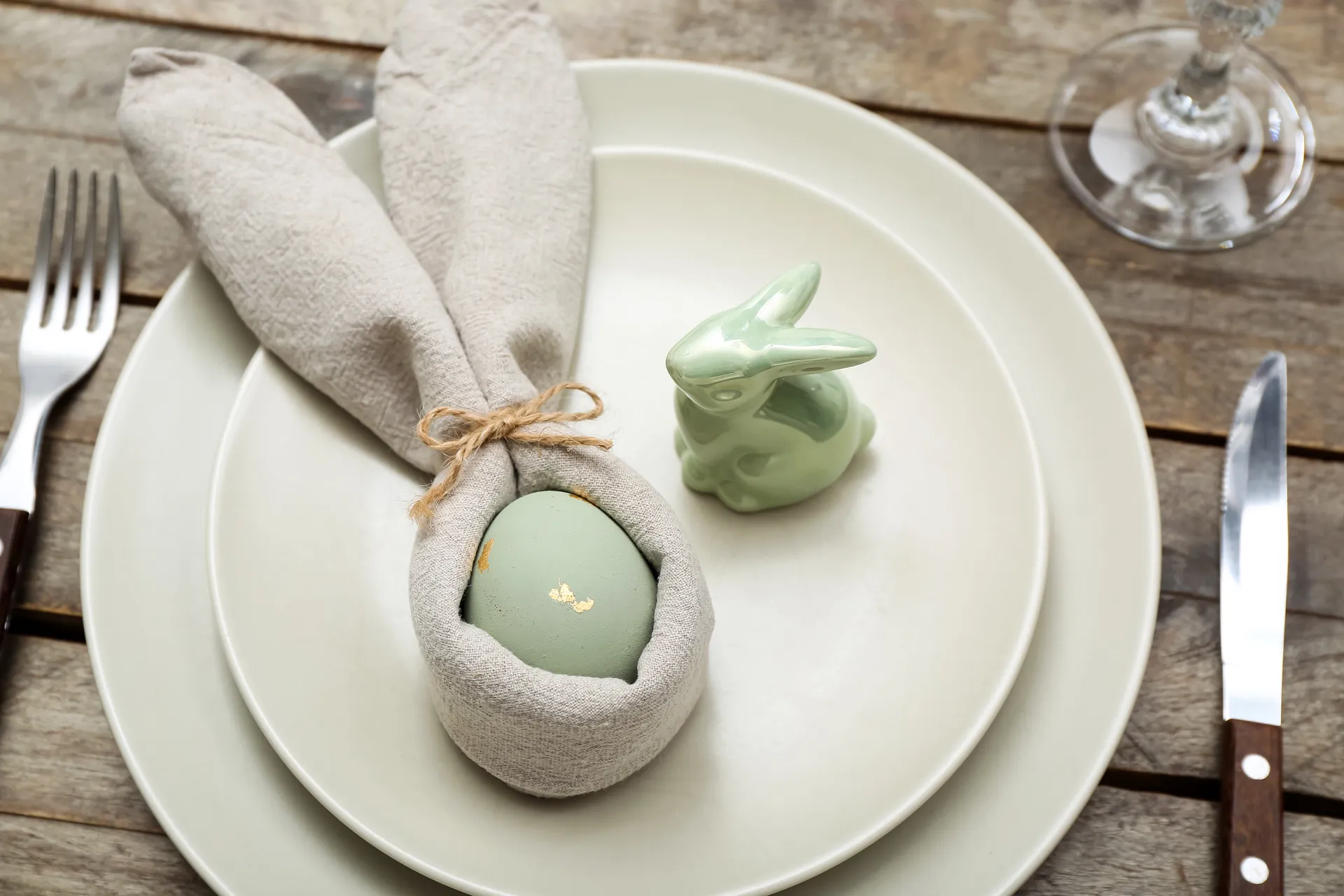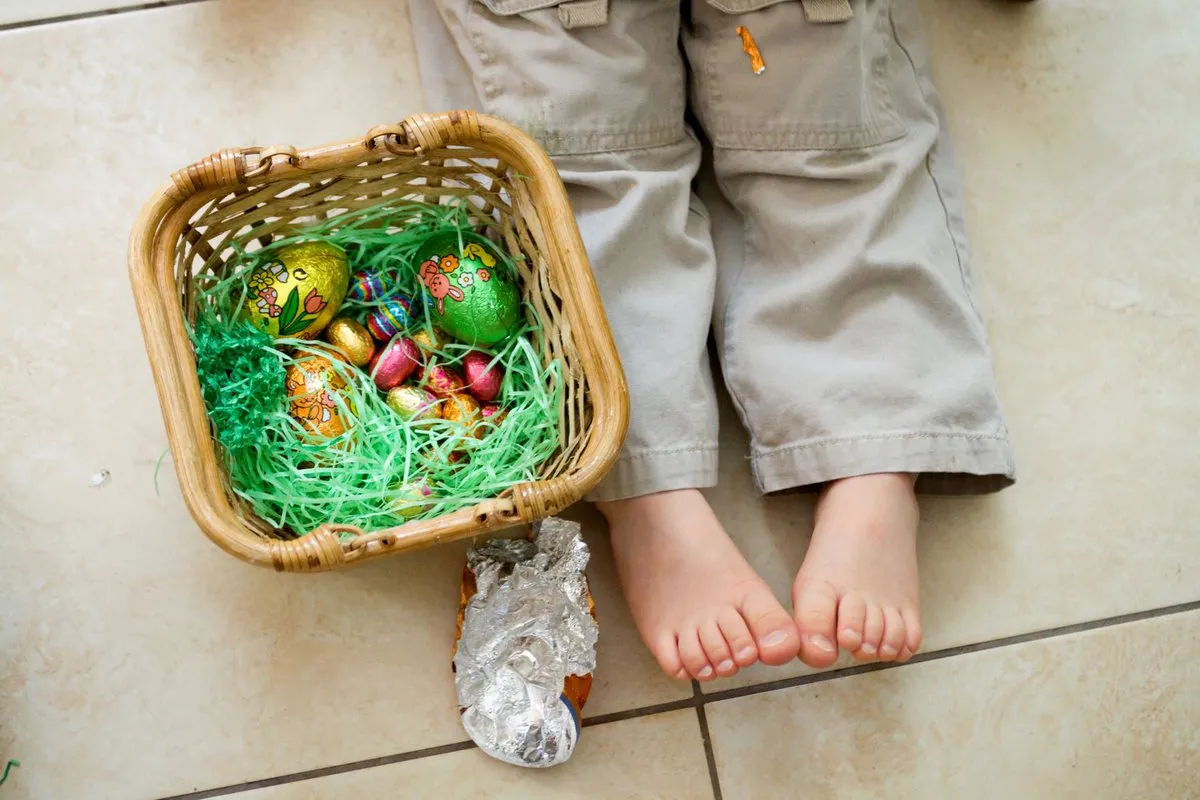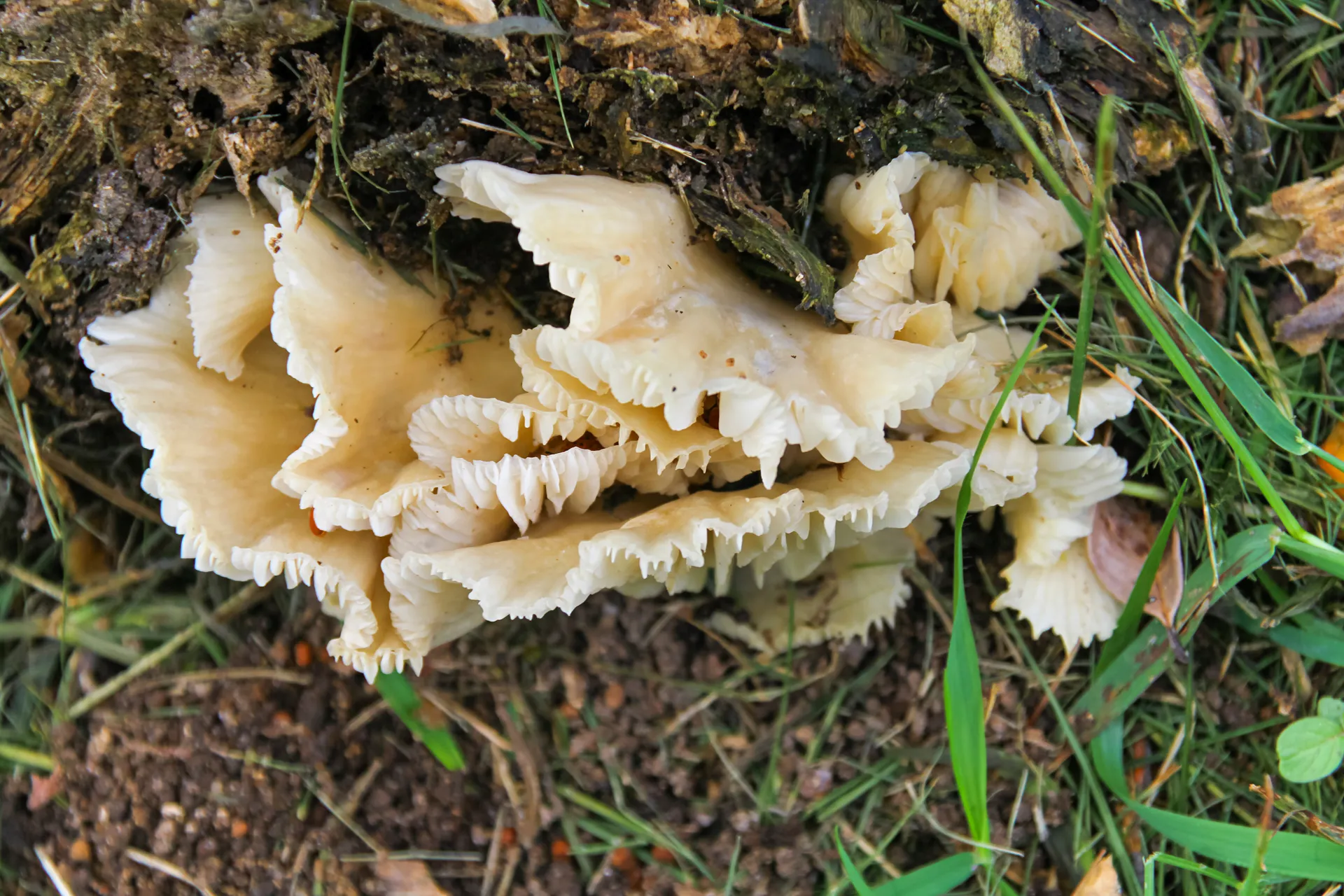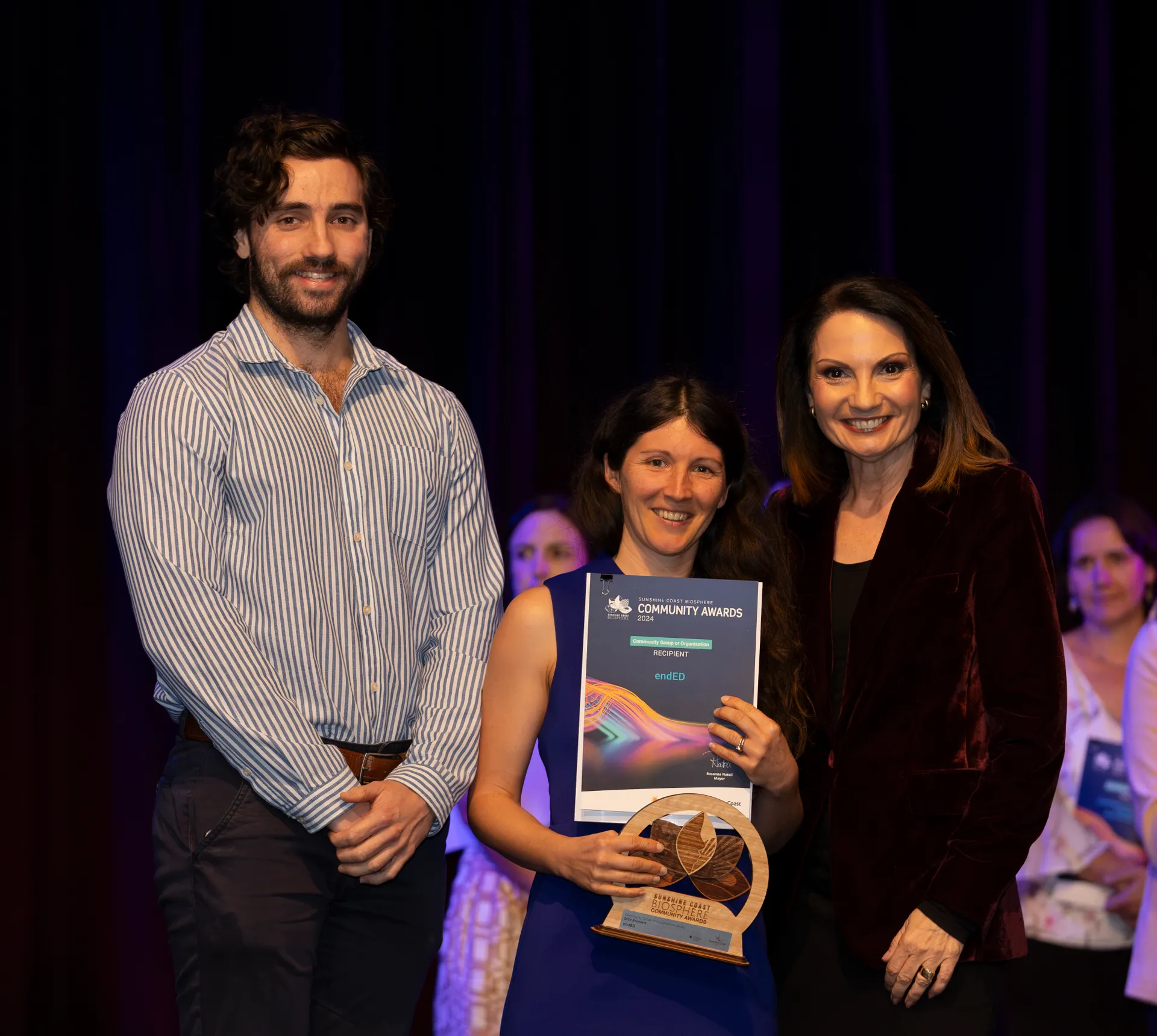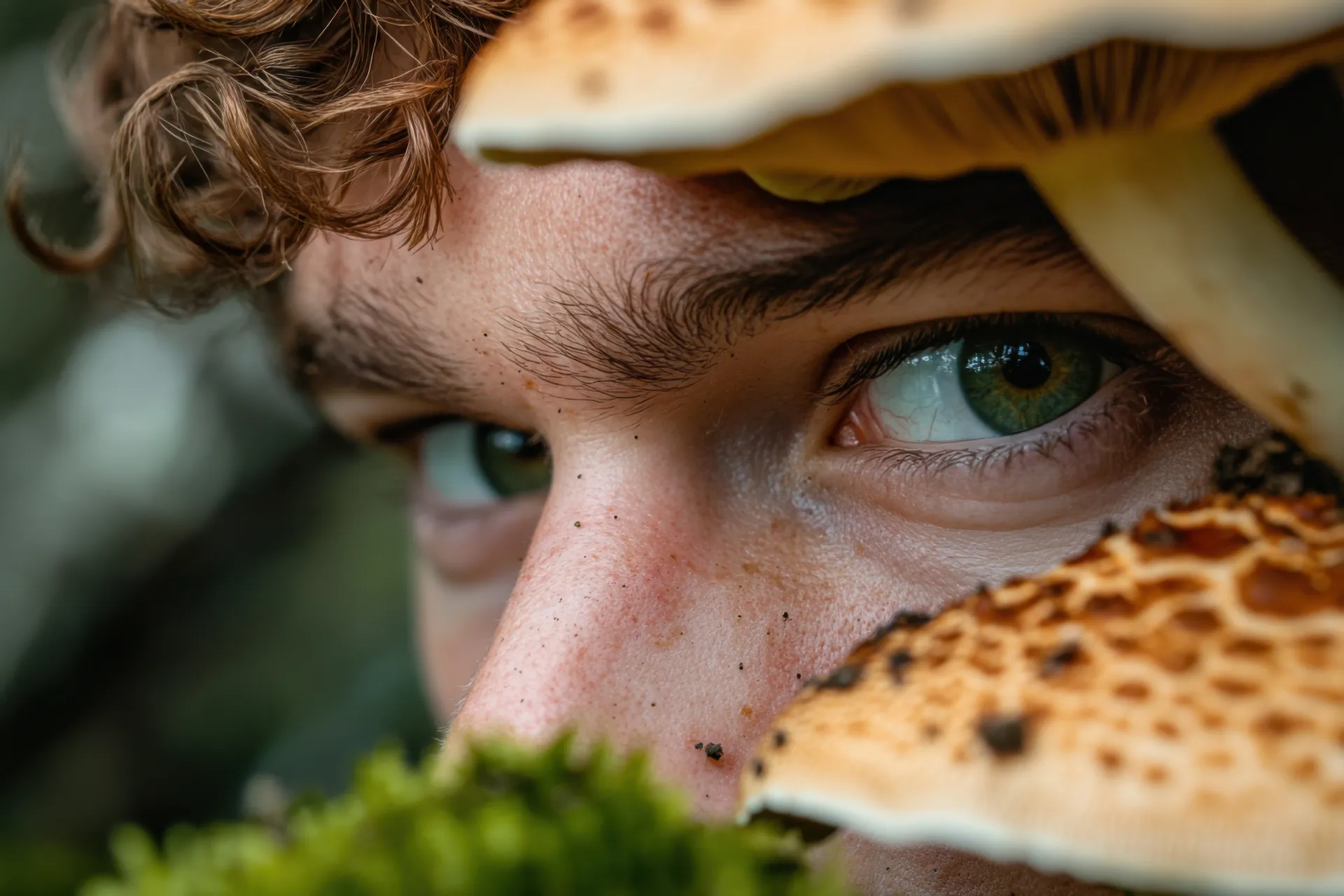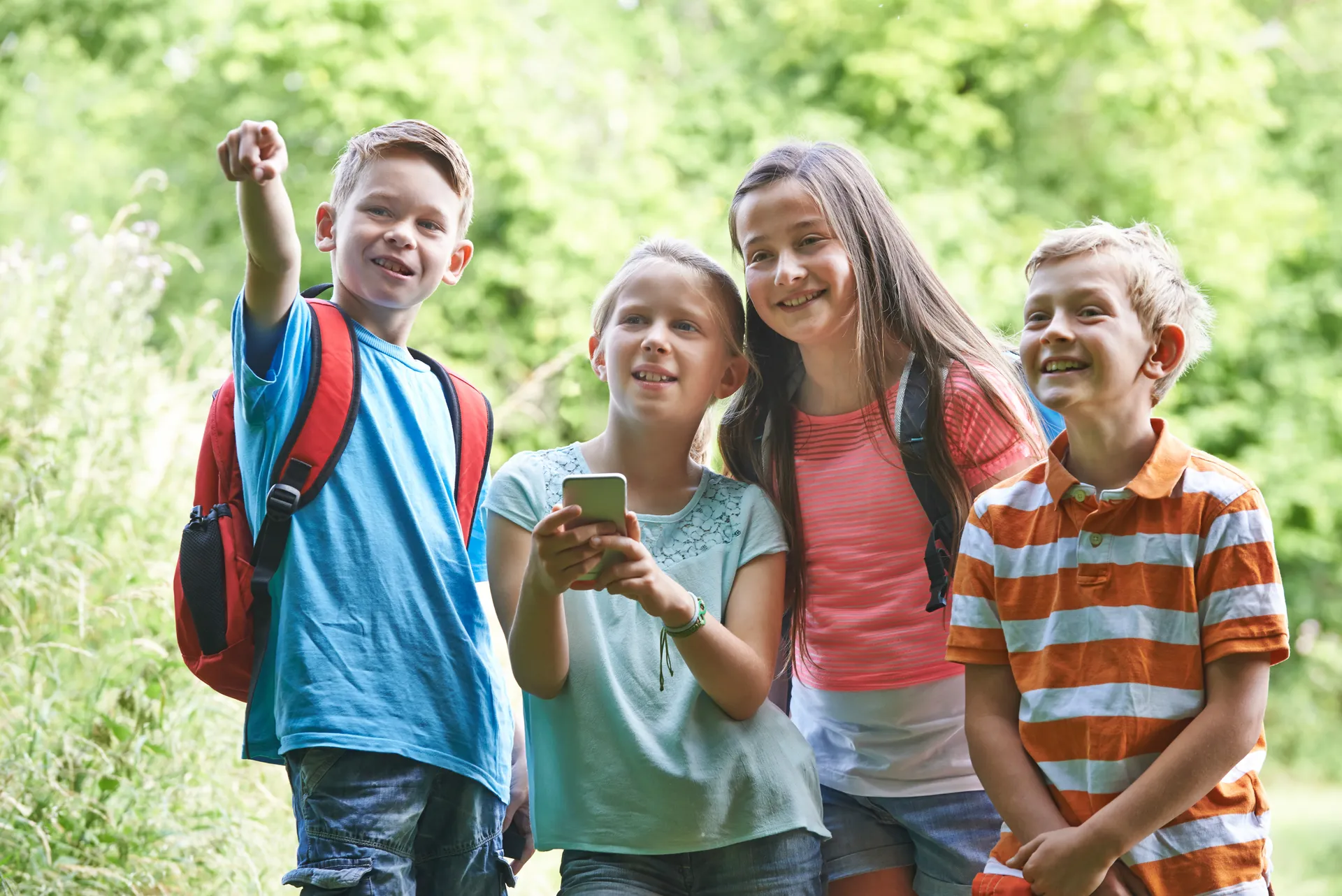Reuse wins: top findings show reuse beats single-use every time
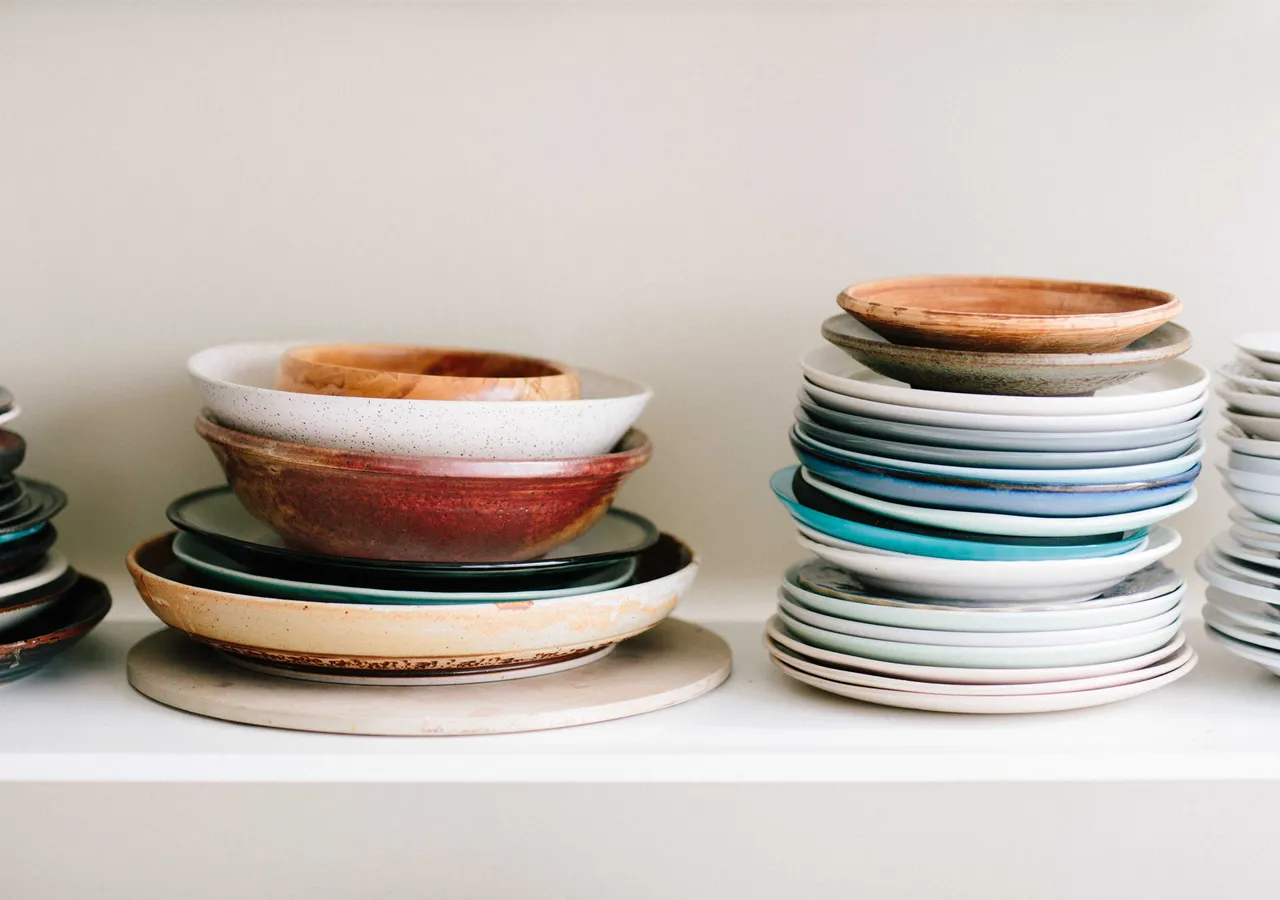
Reuse Wins shows how a new reuse economy is emerging to replace the use of single-use products in food service.
Today, much of institutional and fast casual dining – and virtually all takeout and delivery – happens using disposable food-serviceware. And all those takeout containers, bags, boxes, condiment packets, plastic utensils, cold and hot cups and lids, and napkins add up. Nearly 1 trillion disposable food service products are used each year in the United States. Unfortunately, all these disposables come with costs – costs to the environment from natural resource extraction to climate impacts to plastic pollution; costs to food-service businesses from the ongoing procurement and on-site waste management of disposables; and costs to governments and taxpayers from solid waste costs and litter cleanup. These costs also represent lost opportunities to create better systems for getting consumers what they want without all the waste.
But the good news is that there’s a new reuse economy emerging for food service that has the potential to completely disrupt our current disposable food-service paradigm and replace it with something better. Reuse Wins demonstrates that for the environment, for business and for investors, reuse beats single-use in every category.
In the report, we review the life-cycle studies comparing the environmental impacts of disposables versus reusables, the economic data available on savings to businesses, and we project the growth opportunities for the sector for investors and entrepreneurs.
See the press release here.
